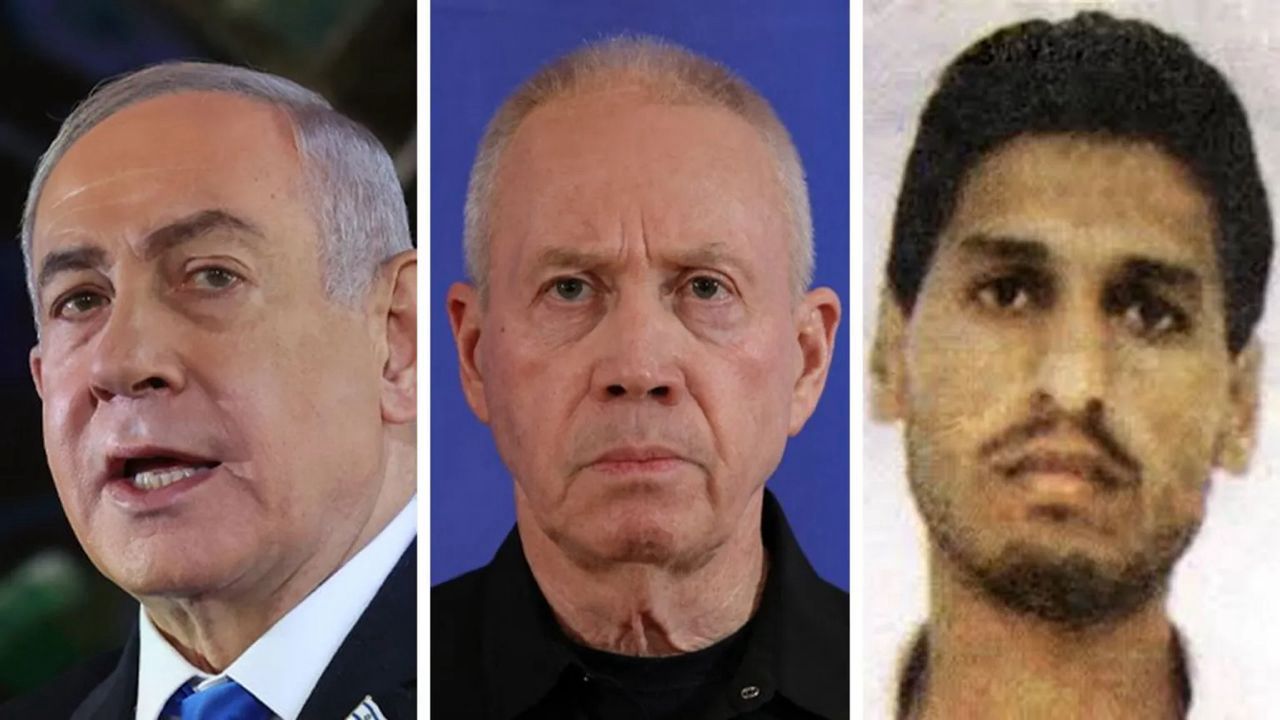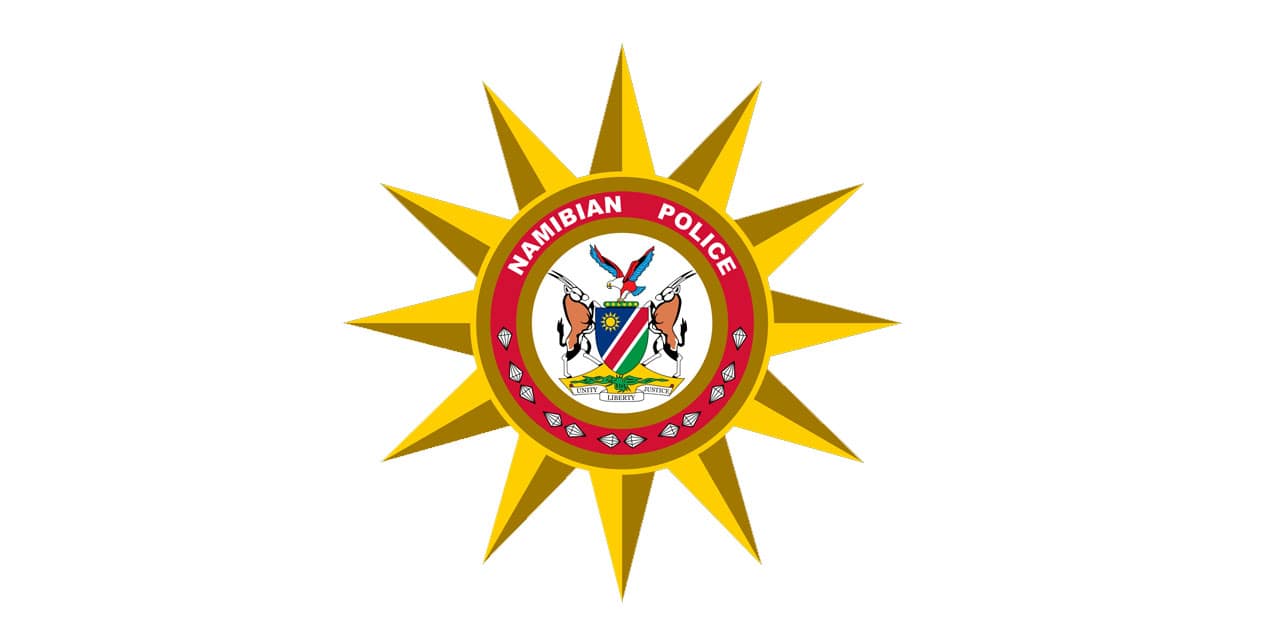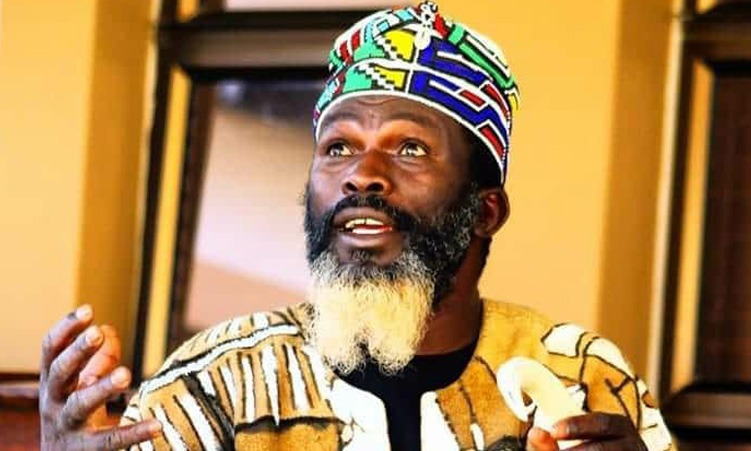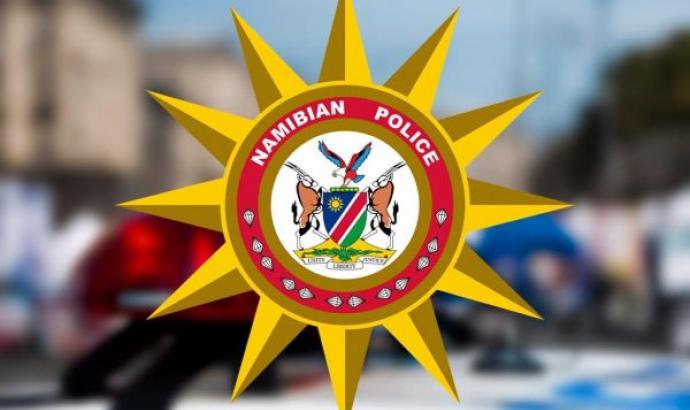Namibia tolerates violence.
Sister Namibia national coordinator Brigit Loots says this calls for action to break harmful norms.
“We have a tolerance for and acceptance of violence in Namibia. We, however, need to start tackling it and stop tolerating it. There is a need for new plans and . . . to promote positive masculinity,” she says.
Loots was speaking during a panel discussion on gender-based violence (GBV) prevention hosted by the embassy of Finland at the opening of an art exhibition titled ‘I Was Born a Girl’ in Windhoek on 12 November.
She said Sister Namibia ensures there is a platform for voices often silenced, creating critical commentary and public conversation on the drivers of inequality and GBV-related issues.
“We need to understand and find the root causes of GBV,” she said.
During the discussion, Legal Assistance Centre (LAC) coordinator and the head of the centre’s gender project, Yolande Engelbrecht, said people need to be aware of their human rights and where to get help.
She commended the recently passed Dissolution of Marriages Act, which she said will be beneficial to couples stuck in abusive marriages.
Engelbrecht highlighted the importance of laws such as the Combating of Domestic Violence Act, the Combating of Rape Act, and the Child Care and Protection Act, as well as the importance of community engagement when passing laws.
The laws are excellent, but their execution is a challenge, she said.
Regain Trust policy and advocacy officer Nsozi Mwazi at the event said: “As a civil society organisations we lack funding, which hinders our work. It is difficult. We do not have access to the latest data as researchers share outdated information.
“There is the repetition of data, and some of our projects have received backlash over promoting sex and the lesbian, gay, bisexual, transgender, queer, intersex and others (LGBTQI+) agenda,” she said.
Mwazi said Namibia needs a system promoting feedback as communities are sometimes reluctant to speak.
United Nations Population Fund (UNFPA) representative Joshua Amukwaya highlighted discrimination issues and called for lawmakers to review the challenges faced by people with disabilities when reporting cases to the police.
“Sometimes victims are asked to present evidence, which they cannot due to their disabilities,” he said.
Amukwaya said negative narratives need to be changed.
“Men who understand their emotions are able to engage their partners and promote healthy relationships, thereby reducing gender-based violence.”
Some boys and men are toxic due to traditional norms, he said.
One Economy Foundation social worker Pefimbo Shipunda said there is a need to create awareness of the importance of people witnessing abuse to speak up.
The evidence they can provide matters, she said.
“We have worked with both survivors and perpetrators of abuse to get an in-depth understanding of the causes of GBV and to conduct research” she said.
The exhibition showcases and celebrates art and poetry by Finnish artist Minna Pietarinen, centred on the theme of equality.
It uses poetry and visual art to highlight human and women’s rights with the goal of empowering women worldwide.
The exhibition opened on 12 November and will run until 27 November at both the Goethe-Institut Namibia and the Hope Initiatives Southern Africa Centre in Windhoek.
The discussion is also in support of the 16 Days of Activism Against Gender-Based Violence campaign to prevent and eliminate violence against women and girls.
The exhibition has thus far toured internationally, attracting 26 000 visitors in Mexico City for Women’s Day 2023.
It was later displayed at the Nordic Business Forum in Helsinki, Finland, and most recently at the UN Palais des Nations in Geneva during the 57th Human Rights Council in September.
Hosted by Finnish embassies, the exhibition has also travelled to South Africa, Mozambique, and Zambia.
The ‘I Was Born a Girl’ project was created by Minna Pietarinen and Peppi Stünkel.
Stay informed with The Namibian – your source for credible journalism. Get in-depth reporting and opinions for
only N$85 a month. Invest in journalism, invest in democracy –
Subscribe Now!






